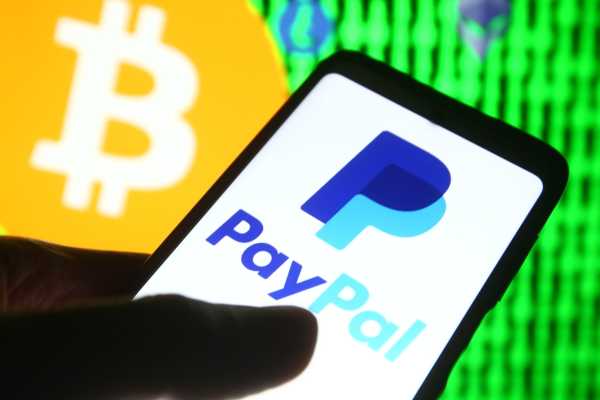PayPal payments fail: Why this doesn't happen with Bitcoin

- As the Süddeutsche Zeitung first reported, a PayPal outage in recent days had a massive impact on European payment transactions.
- Mass quantities of suspicious payment instructions are said to have been forwarded to banks. Prior to this, PayPal customers' email addresses were allegedly intercepted on a large scale to trigger payment requests.
- The sums ranged from several thousand to hundreds of thousands of euros – amounts that set off alarm bells at many institutions.
- Such orders should actually also be detected by PayPal, but their security system reportedly failed. As a result, several German banks temporarily suspended PayPal payments.
- The result: Merchants received no money through this channel – a controversial issue, as a large portion of German online trade is handled via PayPal.
- The extent of the incident is significant: payments totaling around ten billion euros are said to have been blocked. The German Savings Banks Association (DSA) calls these incidents “significant repercussions” for payment transactions in Europe, particularly in Germany.
- Unlike the traditional financial system, Bitcoin does not require central intermediaries that could stop payments. While banks and payment service providers like PayPal can restrict access to money at any time, this is not possible with the oldest blockchain.
- Since the economy suffers significant damage from these incidents, many Bitcoiners see the leading cryptocurrency as an alternative. And indeed, the blockchain has been running roughly 99.99 percent trouble-free since its launch on January 3, 2009.
- Only in the early stages did the payment network suffer system disruptions: in 2010, the Bitcoin blockchain was down for 8 hours and 27 minutes, and in 2013 for 6 hours and 20 minutes.
- Since 2013, i.e., for over a decade, the Bitcoin network has boasted 100 percent system availability. The traditional financial system can only dream of that. After all, card payments are also subject to repeated restrictions.
- Future bugs and a subsequent outage in the network of the oldest cryptocurrency cannot be ruled out, of course, but the track record definitely speaks in favor of BTC. So, doesn't the reliability of the oldest cryptocurrency also justify its use in everyday payments?
- Scaling such transaction volumes directly on the Bitcoin blockchain is not realistic due to the speed and the resulting transaction fees. However, such transaction volumes could potentially be possible on Layer 2 solutions such as the Lightning Network, which boast significantly higher speeds and minimal trading fees.
- However, this comparison should not overlook the fact that freezing funds is also intended to put an end to criminal activity. The open accessibility and pseudonymous nature of the Bitcoin blockchain is therefore a double-edged sword.
- Read here why you shouldn't underestimate Bitcoin as a payment network: Bitcoin has not failed as a means of payment.
Recommended Video: Can you get rich with €50 in Bitcoin?

Sources
- Bitcoin Uptime Tracker
- SZ report on the PayPal outage



